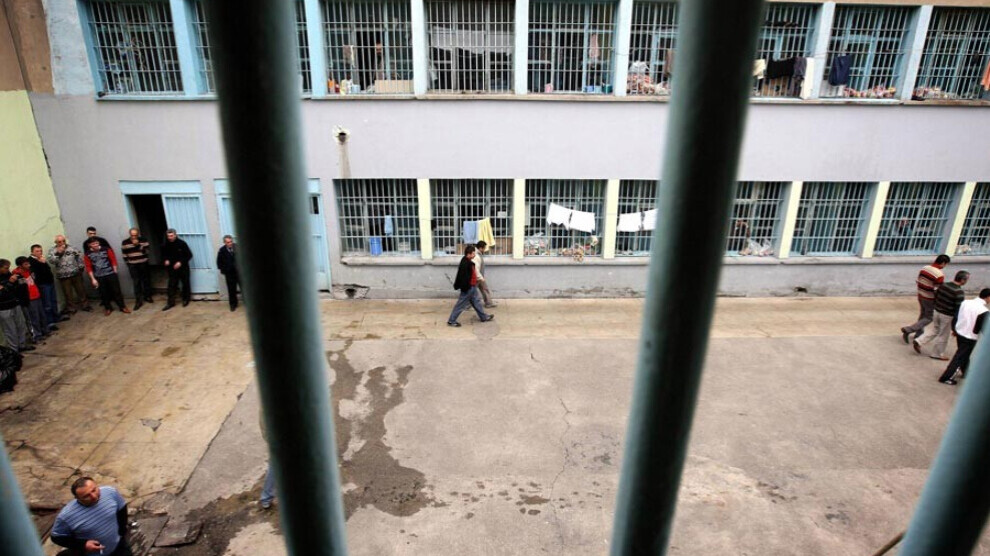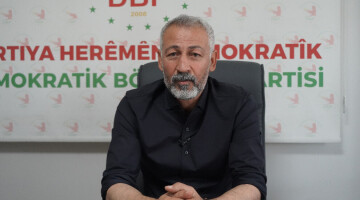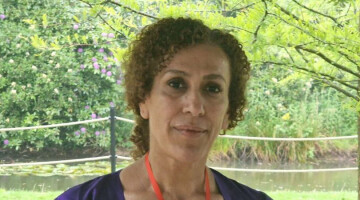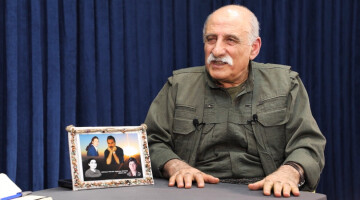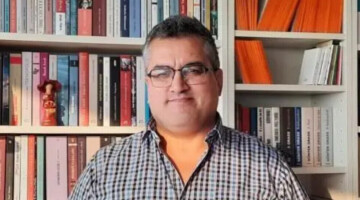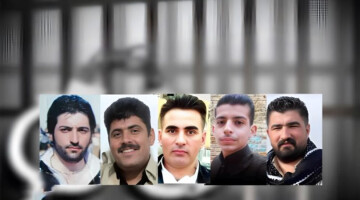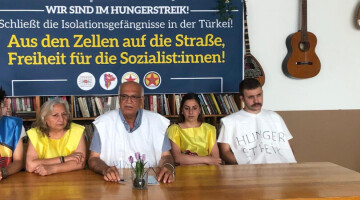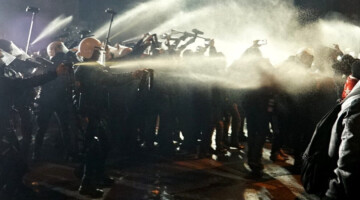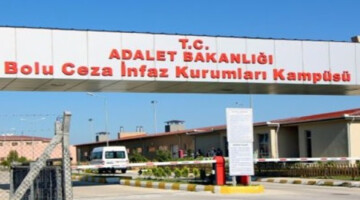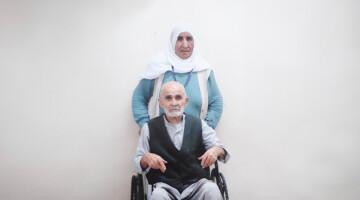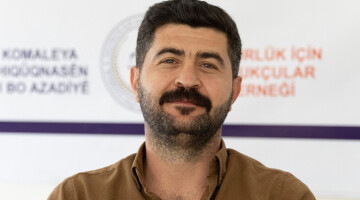Prisons in Turkey have become a centre of torture, especially for revolutionary and Kurdish prisoners. In addition to the isolation conditions prevailing in all prisons and the arbitrary restriction of rights by the administration, the ill-treatment of prisoners by guards and soldiers is increasing day by day.
Furthermore, in recent years, the practice of not releasing political prisoners after they have completed their regular sentence has become widespread. The legislation defines this procedure, which is mainly used as a means of pressure in the case of sick prisoners, as follows: "If the convict commits an intentional offence that entails a custodial sentence between the time of conditional release and the supervision period, the convict's release shall be suspended. It is sufficient that the second offence is committed within the supervision period." However, since the term "offence" is not defined here and it is the responsibility of the prison administration to impose sentences, prisoners are arbitrarily punished. When suspending release, prison administrations use every step prisoners take as a pretext to punish them.
Administrative committees decide on the length of execution
For this practice, administrative observing committees were introduced by the government at the end of 2020 with the propaganda that they "increase the chances of early release". However, the committees have become an institution used to delay the release of political prisoners. After the committees began their work, both conditional release and the transition to open detention became more difficult.
The committees are defined in the legislation as follows: The Administrative and Observing Committee is chaired by the institution director and consists of the second director, who is responsible for observation and classification, the administrative officer, the prison doctor, the psychiatrist, the psychologist, the social worker, the teacher, the head of the correctional service and the protection officer, and an official selected by the prison director from the technical staff."
The same law defines the decision-making mechanism of the committees as follows: "The administrative and observation board decides on the convict on the basis of the observation and development assessment reports, the risk assessment report and all the information and documents in the correctional files. As part of this assessment, the board may interview the convict upon request or ex officio".
Reasons: Too many books read, too much water consumed, too much laughter
In 2021, the release of over sixty political prisoners was prevented by these committees. The reasons given by the committee for this are bizarre:
No remorse
Refused to talk to an imam
No good conduct
Failure to comply with prison rules
Failure to use water sparingly
Non-participation in prison activities
Reading many books
Failure to support the staff during searches
Laughing during visits
Singing anthems
Singing Kurdish folk songs
No dissociation from the organisation
Having a family member under arrest
A political prisoner who has never been married was denied release on the grounds that she had killed her husband and could harm her family. For another prisoner, who has daughters aged six and nine, the reason given was: "The children are involved in activities of the organisation."
The suspension of release by the monitoring committees is now so widespread that it is difficult to obtain any data at all. According to available figures, at least 217 political prisoners have been affected so far. Some of these prisoners were later released, while others have not been released to date.
Some of the prisoners whose release has been suspended are as follows:
Cevahir Vurucu - Laughing during a conversation with a visitor
Ferit Orak - Excessive consumption of water
Şevket Bilici - Lack of remorse
Eight political prisoners in Diyarbakır T Type No. 1 - Lack of remorse
Songül Bagadır, Kandıra L Type - Lack of remorse
Ercan İşcan, Giresun Espiye L Type - Failure to support the staff during searches
Murat Aktaş, Kandıra F Type No. 1 - Disciplinary sanctions
Fahriye Ceylan, Alanya L Type - Lack of remorse
Twelve women in Bayburt M Type - Refusal of military roll call
Almost all political prisoners in Sincan women's prison
Metin Güven, Yozgat T Type - Lack of remorse
Aliye Süer, Diyarbakır women's prison – singing an anthem
Twelve prisoners in Bolu - Excessive water consumption and lack of remorse
Resul Baltacı, Düzce Çilimli T Type - Lack of remorse
Hatice Çakmak, L Type women's prison in Alanya – Solitary confinement
Kadir Karabak, Tekirdağ F Type No. 2 - political activity of underage daughters
Rojda Erez, Sincan women's prison - "You killed your husband and you will harm your family."
Hanım Yıldırım, Sincan women's prison – “Your brother is a supporter of the Gülen movement.”
Sabri Yakut, Hakan Zertürk, Bilal Balbeş, Faruk Aydemir, Erzurum Dumlu No. 1 and 2 - Lack of remorse
Şemsettin Tekin, Sevgi İlboğa, Oltu T Type - Lack of Remorse
Mehmet Cengel, Van High Security Prison - Lack of Remorse
Dilan Oynaş, Sincan Women's Prison - Disciplinary sanctions
Xense Bulut (Peace Mother), Izmir Şakran Women's Prison - Lack of remorse
Azise Yağız, Tarsus T Type - Bad Behaviour
Damla Erdem, Sevda Turgal, Şakran Women's Prison - Lack of Remorse
İlyas Peldek, Abdulhaluk Özerk, Samsun Bafra F Type - Disobedience to the rules
Abdurrahim Çetinkaya, Şakran L Type No. 3 - Disciplinary sanctions

